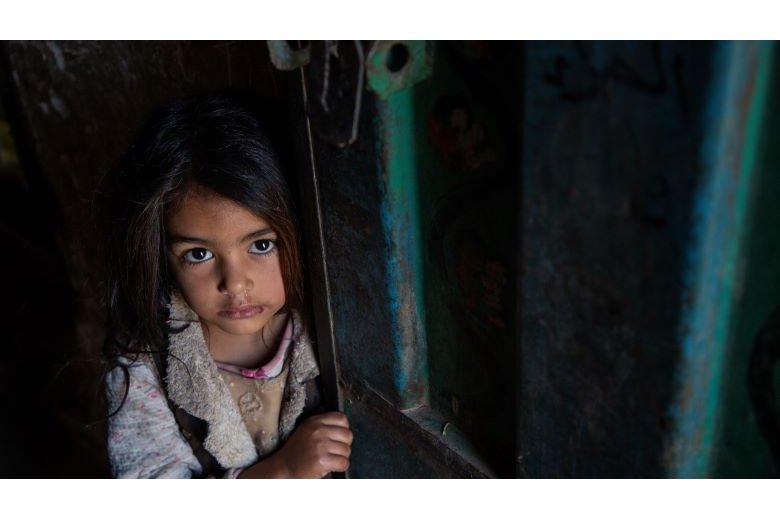The armed conflict in Yemen shows no sign of abating; after seven years of continued deterioration of the situation on the ground, prospects for peace remain elusive. Yemen has recently seen the worst fighting in years. Multiple shocks over the last two years, including rising prices, food insecurity, floods, the COVID-19 pandemic, a cholera epidemic, and a locust invasion, have all exacerbated pre-existing vulnerabilities for Yemeni households, eighty percent of whom are now in need of humanitarian assistance. The deterioration of the security and political situation has also been accompanied by a worsening displacement crisis.
At this critical juncture, the World Bank Group’s priority is to stay engaged across multiple possible scenarios, with the overarching goal of supporting the people of Yemen and preserving the institutions that serve them. World Bank Group (WBG) engagement will focus on: (i) supporting basic service delivery and human capital preservation; and (ii) promoting food security, resilience, and livelihood opportunities. In line with the evolution of the World Bank Group’s ambition and operational approach in countries characterized by fragility, conflict and violence (FCV), the International Development Association (IDA) will “remain engaged” in Yemen during the conflict, providing sustained support to help deliver critical services, protect human capital and preserve Yemeni institutions. Across all possible scenarios, working at the local level through a decentralized approach will be critical to mitigate potential political or institutional disruptions.
With a rapidly evolving local context, the IDA20 program will be anchored in scalable platforms with flexible, shock-responsive, and adaptive project design which can absorb financing from other development partners. Project prioritization and allocation decisions will be informed by the following key principles: (i) integration and consolidation; and (ii) flexibility and adaptability. To increase impact, the Bank will primarily scale up and adjust existing operations with demonstrated results, through additional financing. Multi-sectoral integrated approaches and geographically targeted packages of interventions will be prioritized to ensure synergies across the portfolio and maximize results. Working closely with other development partners, the Bank will build in flexibility to scale up in response to emerging crises, seize windows of opportunities for peace, and proactively course correct as needed.
In a context of worsening food insecurity and malnutrition where short-term interventions alone cannot provide sustainable solutions and where the Ukraine conflict is expected to have a dramatic impact on food prices, the World Bank (WB) will pilot a new “continuum of support” (CoS) approach that integrates short- and medium-term programs in its food security response. The overarching objective will be to help break the cycle of dependency, reduce households’ reliance on humanitarian assistance and help foster income-producing, resilience-building activities. This entails operationalizing geographically targeted packages of interventions that address households’ immediate needs, while enhancing their resilience to food insecurity and malnutrition in the medium-term. Bundled interventions will target areas with chronic incidence of food insecurity and malnutrition (Annex 2). The Bank will also explore opportunities to frontload and scale up its food security support to Yemen in the context of the Ukraine conflict.

